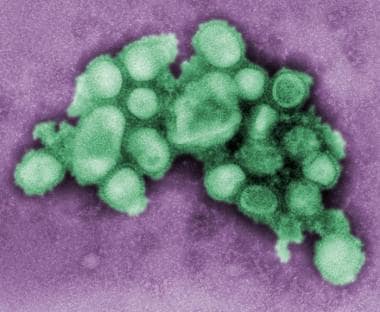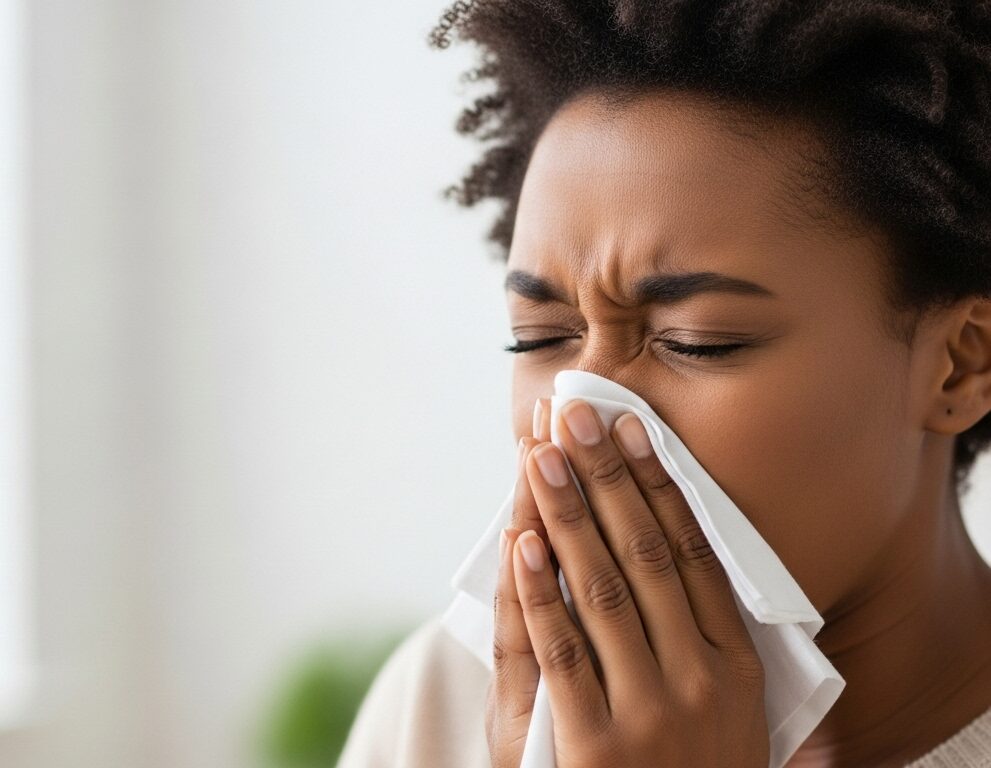The Ghana Health Service (GHS) has issued a nationwide alert following a sharp increase in seasonal influenza cases across several regions of the country. Health officials confirmed that the current surge is linked to Influenza A strains, specifically H3N2 and H1N1, which are common during flu seasons but can still pose significant risks to vulnerable populations. According to the GHS, the highest number of cases has been reported in the Greater Accra, Central, Bono, and Eastern Regions, areas that are often at the forefront of public health monitoring during seasonal outbreaks.
In its announcement, the GHS explained that the flu season in Ghana typically coincides with cooler months, a period when respiratory illnesses tend to spread more rapidly. The Service described the symptoms of the flu as appearing suddenly, with patients often experiencing fever, cough, sore throat, runny nose, body aches, headaches, and fatigue. Transmission occurs primarily through respiratory droplets expelled when an infected person coughs, sneezes, or even talks. Contaminated surfaces also serve as a medium for the virus, making crowded environments particularly vulnerable to outbreaks.
The GHS highlighted that certain groups face a higher risk of contracting the flu and developing complications. These include children and adolescents, especially those in school settings, the elderly, pregnant women, and individuals with chronic health conditions such as asthma, diabetes, and heart disease. The Service also warned that environments like schools, dormitories, transport hubs, and markets are especially prone to rapid transmission due to the high density of people in close contact.
On the institutional side, the health system has been directed to enhance surveillance and expand rapid diagnostic testing at health facilities. Clinicians have been provided with updated case management protocols to ensure effective treatment. Public education campaigns are also being rolled out through media and community channels to raise awareness about the flu and preventive measures. Additionally, the GHS is working in coordination with regional health directorates to ensure a timely and effective response to the outbreak.


In its statement, the Ministry of Health, through the GHS, reassured the public that “all necessary measures are being taken to contain these high flu cases,” while emphasizing that cooperation from the public and collaboration among stakeholders remain essential in protecting individuals, families, and communities.
The alert serves as both a warning and a call to action. While seasonal flu is not new to Ghana, the current spike in cases highlights the importance of vigilance, especially among high-risk groups. The GHS’s proactive measures reflect a broader commitment to safeguarding public health, but the effectiveness of these efforts will depend heavily on how well the public adheres to the recommended precautions.
As the flu season continues, the Service’s message is clear: early detection, responsible behavior, and collective action are the most effective tools in reducing the impact of the outbreak. The coming weeks will be critical in determining whether Ghana can successfully manage this seasonal challenge without overwhelming its healthcare system.
Source: 3News – Ghana Health Service issues alert over spike in seasonal flu cases



